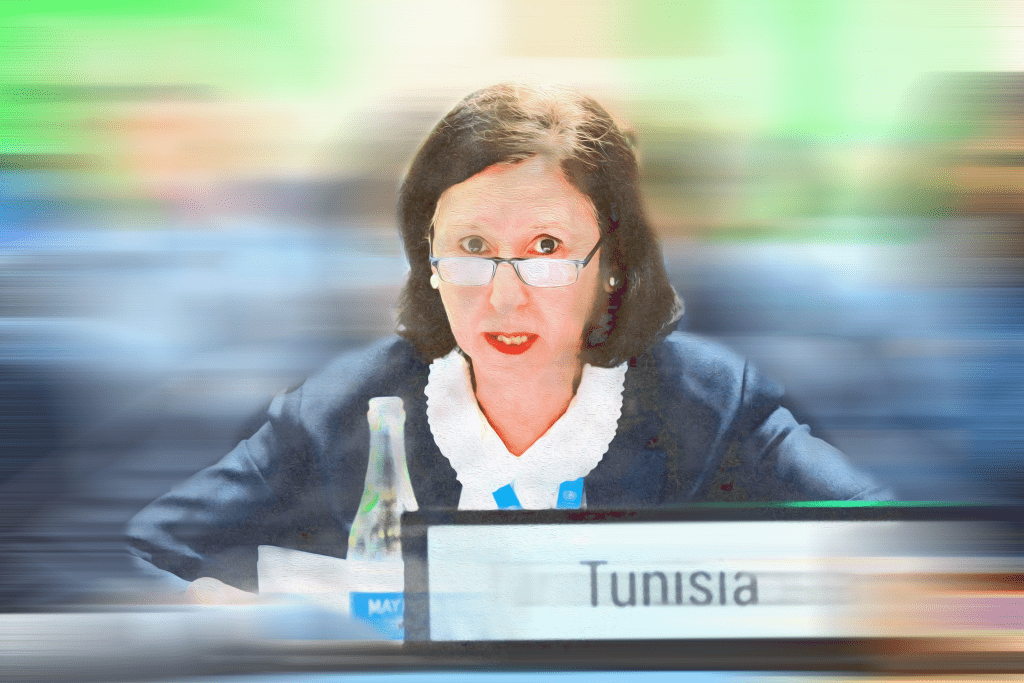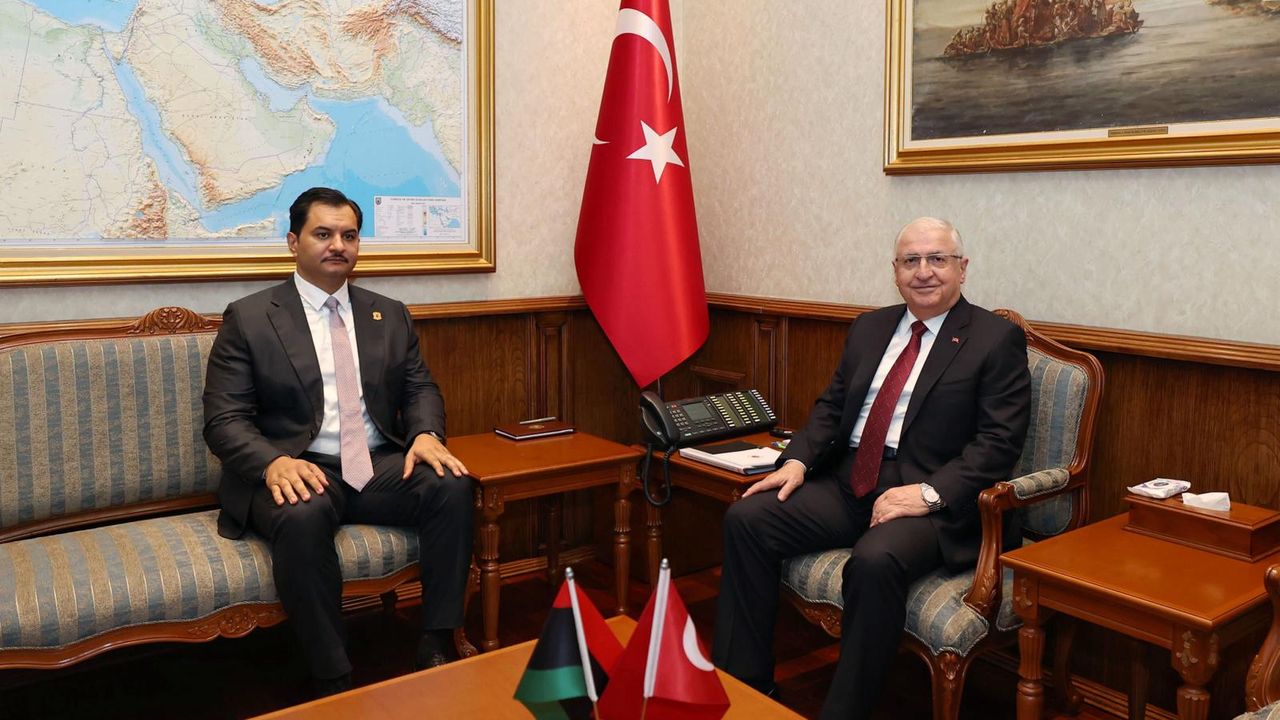Tunisia’s Saied appoints Zenzri as PM amid economic crisis

President Saied has made another change to the head of his government. Continuing his frequent reshuffling, he has appointed the second female prime minister in Tunisia and North Africa, Sarra Zaafrani Zenzri.
According to The New Arab, in the early hours of the 21st of March, President Saied replaced the head of government for the fourth time since he gained power in 2021.
The now-previous head of government Kamel Madouri was removed and replaced by Zenzri, a 62-year-old civil servant.
Zenzri is not new to the bureaucracy and policies of the Tunisian government, having had a career spanning over 36 years in the civil service with a primary role in the Ministry of Equipment and Housing.
She is now entering Tunisia’s seat of governance in the Kasbah with an official presidential statement making her role clear.
She is tasked with “reinforcing the coordination of government work and removing obstacles to meet the expectations of the Tunisian people.”
It appears that this appointment comes with Saied fighting against shadowy lobbies which he believes are forgetting their subordinate role to the president.
Madouri only lasted several months with a dismissal in the depths of night. Yet it is appears that his interest in foreign aid may have cost him as Saied has a hardline policy against foreign aid.
On the 17th of March, Madouri met with the European Union’s ambassador, Giuseppe Perrone, and emphasized the need to translate the 2023 EU-Tunisia memorandum of understanding into actionable projects.
Adding to this, Madouri expressed a desire to increase financial support under the EU’s 2025–2027 three-year programme.
Saied added a very cryptic statement about these actions. “Today, as in the not-so-distant past, lobbies and their agents have turned to the Kasbah, forgetting that the government’s mission is to assist the presidency in its executive function,” Saied declared.
Yet it is the economy which has caused dismay and unsettlement among the Tunisian public.
The country’s public debt is above 80% of the GDP, and with high unemployment, the economy is a serious issue which needs to be addressed.
Across Tunisia’s capital, a palpable sense of political fatigue hangs in the air.
Tunisia faces mounting financial pressure after President Saied abandoned IMF negotiations for a $1.9 billion bailout last year, instead directing the central bank to fund foreign debt repayments. With bonds trading at nearly 10% yields and Saied rejecting subsidy reforms, the economic outlook remains precarious.
It appears that Saied’s latest appointment merely perpetuates his pattern of consolidating power, as Tunisia spirals deeper into economic free fall and social unrest with no meaningful reforms in sight.
The New Arab
Want to chase the pulse of North Africa?
Subscribe to receive our FREE weekly PDF magazine













